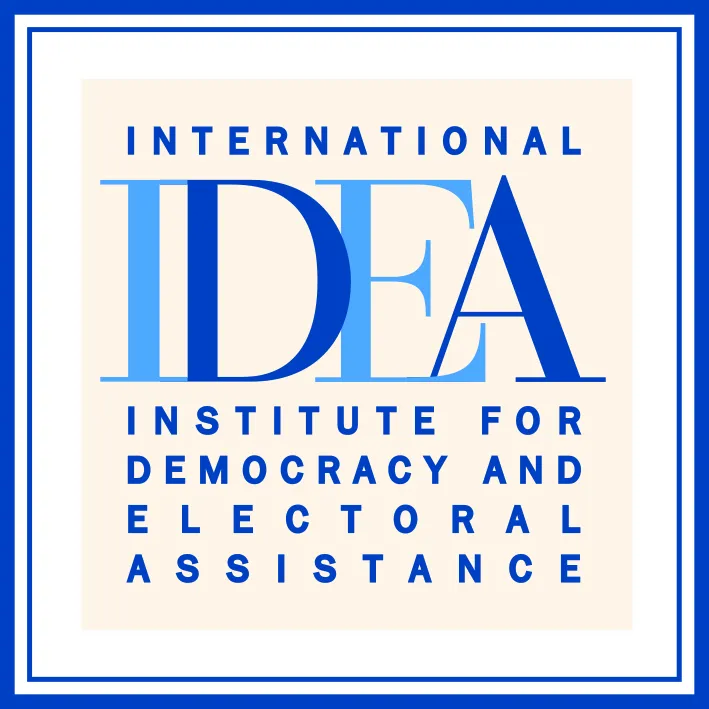International IDEA statement on the second round of the Brazilian presidential election 2022

International IDEA attended the second round of the Brazilian presidential election 2022 with a delegation led by former Presidents of Bolivia Carlos Mesa, and Costa Rica Carlos Alvarado, and composed of former Senator of Uruguay Mónica Xavier, former Senator of Paraguay Diego Abente, former Senator of Chile Sergio Bitar, as well as the Director of International IDEA for Latin America and the Caribbean Daniel Zovatto, Head of Programme in Paraguay Salvador Romero Ballivián and Mauricio Barbosa, Programme Assistant.
Este artículo está disponible en español.
As the International IDEA delegation indicated after the first round, the electoral process took place in a complex political environment, with democratic concerns and multiple tensions. The country has seen a weakening in the quality of its democratic indicators in recent years, albeit with resilience in many areas, as analyzed in The Global State of Democracy (https://www.idea.int/gsod/). Political polarization also increased, generating significant tensions in society, including attempts to undermine the credibility of institutions and voting mechanisms, the massive and intensive dissemination of disinformation, and even isolated episodes of violence.
Despite this adverse context, the 2022 election has been a key asset in strengthening the foundations of Brazilian democracy.
First and foremost, the voting day was calm, with respect among voters, and the polling stations functioned correctly, and in an orderly and fluid manner. Calm also prevailed in the hours following the closing of the polling stations.
At the same time, voter turnout was high, with an unprecedented increase compared to the first round. 79.4% of those registered went to the polls, confirming the citizenry's willingness to participate. This percentage is above the regional average.
Electoral institutions emerged strengthened from the test. The TSE conducted the process with impartiality towards the different political forces: it showed technical and logistical solvency, as seen by the different components of the voting day, including the training of polling station staff; it expanded the biometric registration of voters; it adopted innovative actions against the flow of false news during the campaign; it expanded the verification mechanisms of the electronic ballot box in a proactive attitude of transparency; it encouraged participation by promoting free transportation for voters; it extended the affordances for electoral observation, both locally and internationally.
In the same vein, the electronic ballot box in Brazil once again proved its reliability and speed in processing results, overcoming the challenge of handling the largest electoral register in Latin America, with more than 156 million voters. Its operation, which had been smooth in past decades, was unnecessarily mired in controversies that took time and energy away from the institutional framework and provoked friction between branches of government. Despite their unfounded nature, the accusations weakened the population's confidence in its institutions and electoral procedures, eroding important pillars of democratic coexistence.
Brazil's democracy has been strengthened thanks to an election carried out with integrity, results that confirmed the freedom of voters and the pluralism of the political offer, and an adequate arbitration of political competition.
This success is accompanied by significant pending issues. Among them is the need to reverse the deterioration of democratic indicators suffered in recent years, which implies sustained and unequivocal political and institutional commitments to the principles and values that underpin the democratic regime. Likewise, stronger actions are required to increase the presence of women in decision-making spaces: Although the percentage of women parliamentarians rose slightly, it is still among the lowest in Latin America, and there is no evidence of mechanisms aiming to close the gap. It is also essential to recover the exclusively civilian nature of the electoral process, beyond the logistical and security collaboration provided by the armed institutions, under Brazilian constitutional terms. Finally, a calm and considered approach to the challenges posed by digital social networks in the electoral and political processes is required, seeking a balance between the different rights and obligations.
International IDEA congratulates citizens, institutions, and political actors for the achievements of the 2022 electoral process and hopes that the new constitutional administration will be conducive to continuing the construction of a vigorous democracy.



